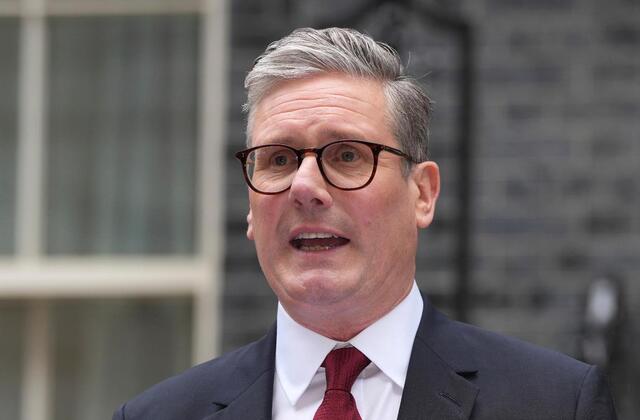
The United Kingdom government, led by Prime Minister Keir Starmer, is set to increase university tuition fees for the first time in eight years. The fee hike, linked to Retail Price Index (RPI) inflation, will take effect in September 2025, impacting students currently applying to universities.
Education Secretary Bridget Phillipson is expected to officially announce the increase, with tuition fees anticipated to rise modestly from the current £9,250 to approximately £9,500 next year, based on a current inflation rate of 2.7 percent. Though discussions have suggested fees may climb to as high as £10,500 over the next five years, ministers have refrained from committing to longer-term increases as they explore a broader overhaul of the higher education funding model.
The move comes as UK universities face unprecedented financial pressure, with 40 percent of English institutions projected to run deficits this year, a crisis that has intensified calls for reform. For elite institutions in the Russell Group, capped tuition fees have resulted in a significant loss, estimated at £4,000 per domestic student. The financial strain on universities has also been compounded by a steep decline in international students following recent restrictions on dependent visas, a source of vital revenue as foreign students often pay triple the fees of domestic students.
While the Labour government initially considered including the tuition fee increase in Chancellor Rachel Reeves’ recent budget, no new funding for higher education was announced. Reports indicate that Reeves faced pressure to couple any tuition hike with a reinstatement of maintenance grants, an initiative estimated to cost the Treasury up to £2.3 billion annually if restored to a proposed £4,009 per student. Announcing the increase outside of a fiscal budget may allow the government additional time to finalize its broader funding reform.
British universities have faced mounting challenges in recent years, exacerbated by frozen tuition fees and rising operational costs. Since the Coalition government raised fees to £9,000 in 2012, fees were adjusted only once to reach £9,250 in 2017 and have remained at this level despite inflation. With institutions reporting deficits and a notable drop in visa applications—down 16 percent from last year—universities are pressing for a sustainable solution.
Shitij Kapur, vice-chancellor of King’s College London, warned that without substantial fee increases, the number of universities in deficit could soar to 80 percent. Kapur has suggested that fees of £12,500 per year would be necessary to stabilize finances across the sector.
Education Secretary Phillipson’s expected announcement signals the government’s first steps towards a “root-and-branch” overhaul of the university funding system, which has become unsustainable for many institutions. In the meantime, the modest tuition fee rise is anticipated to offer temporary relief as policymakers weigh more comprehensive solutions to address the growing financial challenges in higher education.








